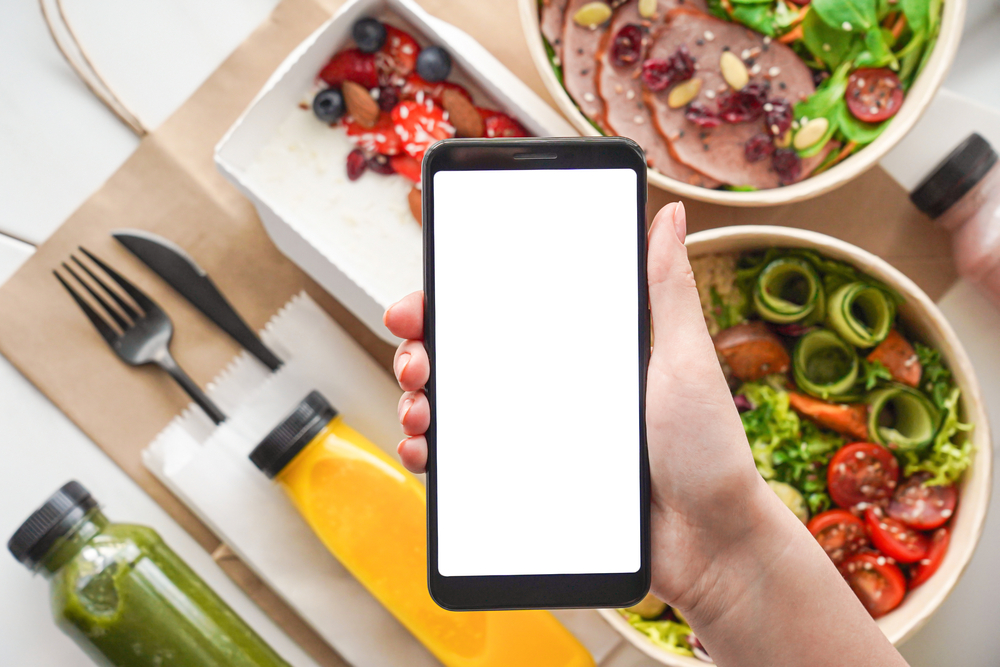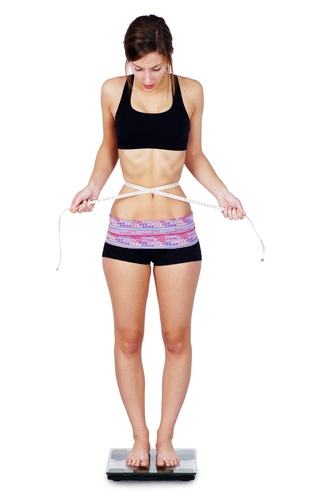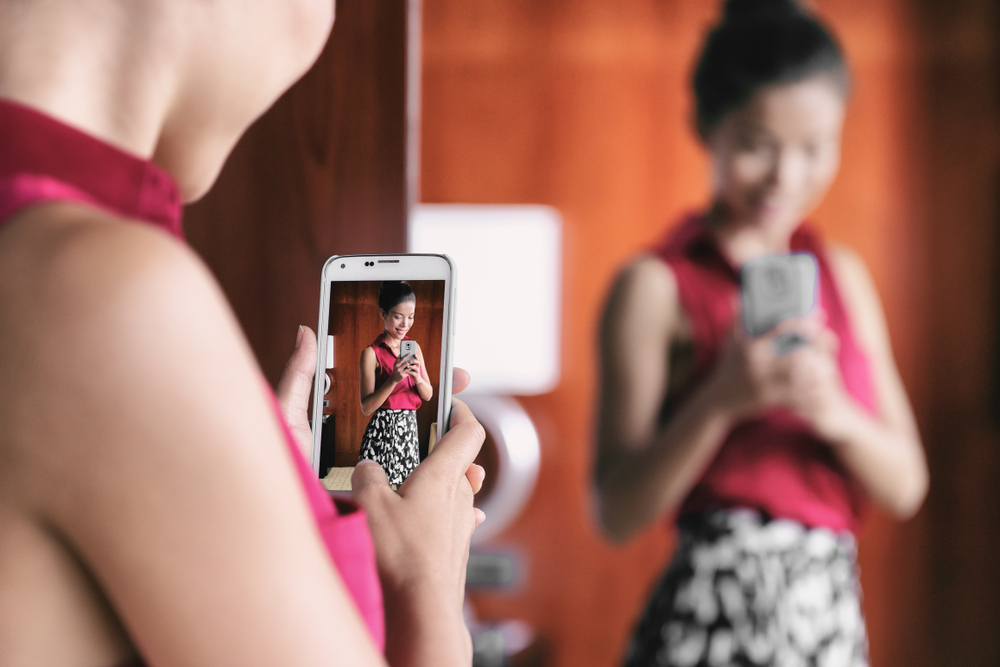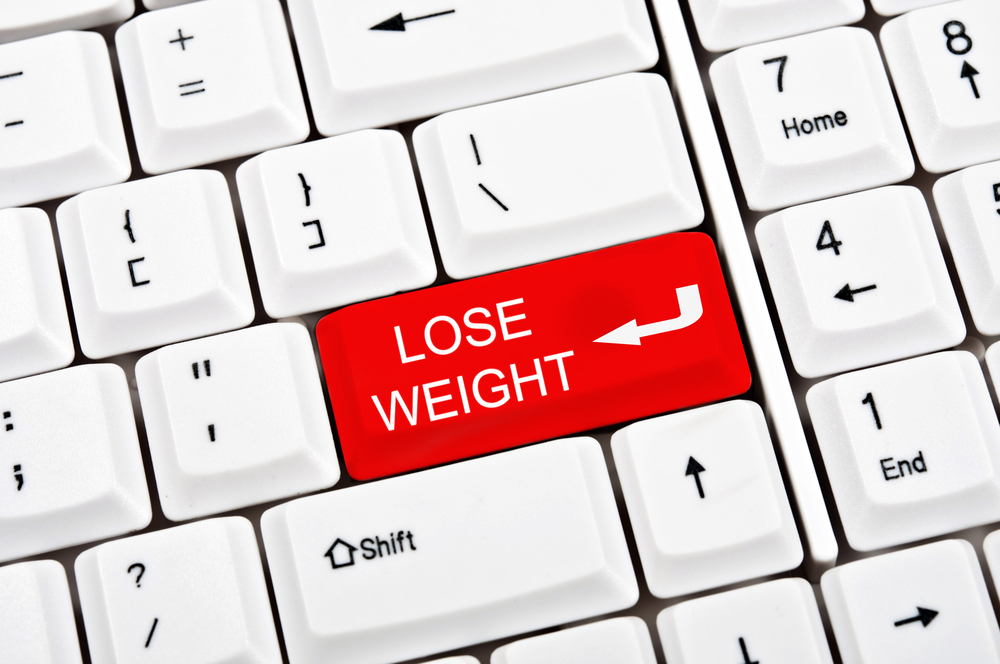Expert warns about the weight-loss trend’s damaging impact, particularly on young people’s self-esteem and eating habits.
TikTok has long been a platform for viral trends, but some, like ‘SkinnyTok,’ are causing serious concerns among mental health professionals. This growing subculture, which glorifies extreme thinness and restrictive eating habits, has gained traction despite widespread criticism. While some users praise its weight-loss content, many experts warn of its damaging effects, particularly on young people’s self-esteem and body image. Recently, a major influencer behind the trend was banned from TikTok, sparking discussions about the long-term impact of social media on mental well-being.
“Social media can be a space for self-expression and connection, but it also amplifies unrealistic body standards that can severely impact mental health, especially for impressionable young audiences.”
The dangers of glorifying thinness in pop culture aren’t new. In the early 2000s, shows like Sex and the City and The Devil Wears Prada perpetuated the idea that extreme thinness was aspirational. Fast forward to 2025, and platforms like TikTok are continuing the cycle. Only now, the content is algorithmically pushed to vulnerable users at an alarming rate.
How ‘SkinnyTok’ Affects Mental Health

While conversations around body positivity have progressed in recent years, the rise of ‘SkinnyTok’ highlights how deep-rooted body image issues remain. Buchwald warns that repeated exposure to this type of content can contribute to various mental health struggles, including:
- Increased Anxiety and Depression
Constant comparison to unattainable beauty standards can lead to anxiety and feelings of inadequacy. “Seeing curated, unrealistic images of thinness on a daily basis can make people feel like they’re never ‘good enough. This creates a cycle of self-criticism and low self-worth, which can escalate into anxiety and depression.”
- Disordered Eating Behaviours
Exposure to extreme dieting advice can encourage restrictive eating habits. Research shows that even just eight minutes of viewing “thinspiration” content can negatively impact body image. “These trends don’t just normalize unhealthy behaviors—they make them seem desirable. For many, this is a gateway to disordered eating, which can have severe physical and psychological consequences.”

- Body Dysmorphia and Negative Self-Perception
The constant flood of idealized body images can distort how individuals see themselves. “The more time people spend engaging with these trends, the more they internalize these unrealistic standards. This can lead to body dysmorphic disorder, where individuals fixate on perceived ‘flaws’ that aren’t even noticeable to others.”
Protecting Your Mental Well-Being in the Age of Viral Trends
While social media isn’t going away, there are ways to take online precaution and safeguard your mental health:

- Curate Your Feed Mindfully
Muting or unfollowing harmful accounts can make a big difference. “Be intentional about the content you consume. Follow creators who promote balanced, healthy perspectives on body image and self-care.”
- Be Critical of Online Narratives
Not everything on TikTok is fact-based or healthy. Always question the motivations behind viral trends. If something encourages extreme behaviors, it’s worth asking: who benefits from this narrative, and how does it make me feel?
- Seek Professional Support
If social media is negatively affecting your mental well-being, reaching out to a therapist can help. “You don’t have to navigate body image struggles alone. Therapy provides a safe space to unpack these pressures and develop healthier self-perceptions.”
Trends like ‘SkinnyTok’ highlight the ongoing battle between social media influence and mental health. While platforms like TikTok have taken steps to regulate harmful content, individuals must remain aware of how these trends affect their well-being. As Buchwald puts it, “Your self-worth isn’t defined by a trend. Prioritizing mental health over social media validation is the most powerful decision you can make.”
If you or someone you know is struggling with body image concerns, professional support can be a valuable step toward healing.
Article source: Manhattan Mental Health





